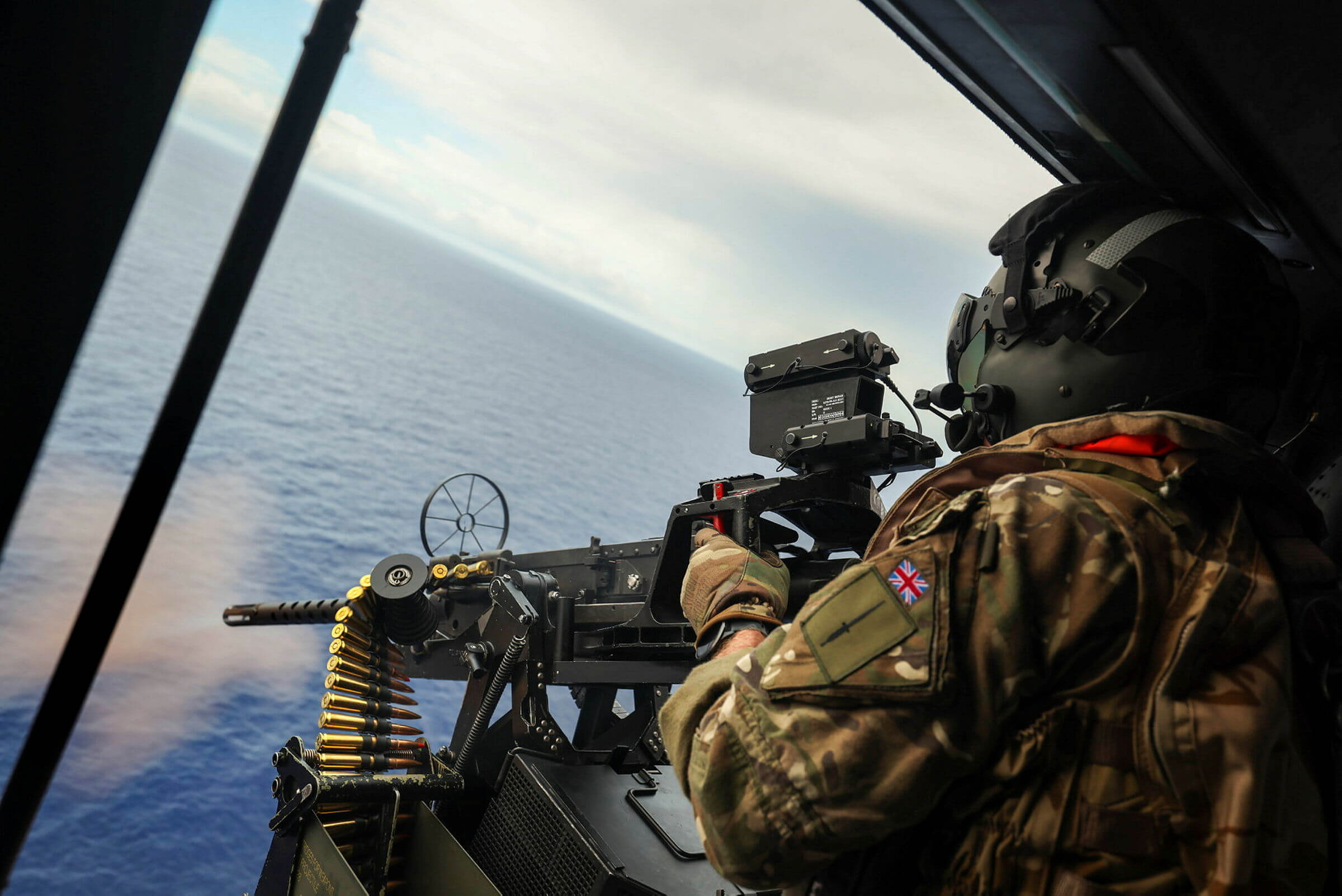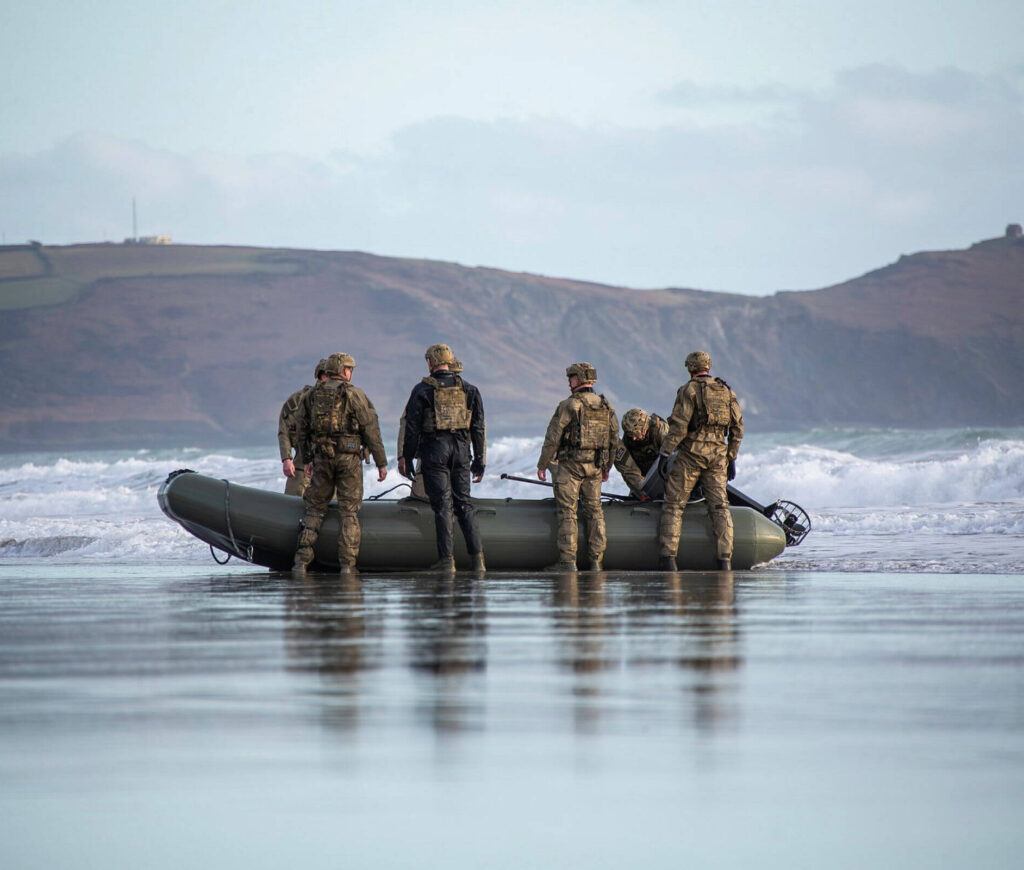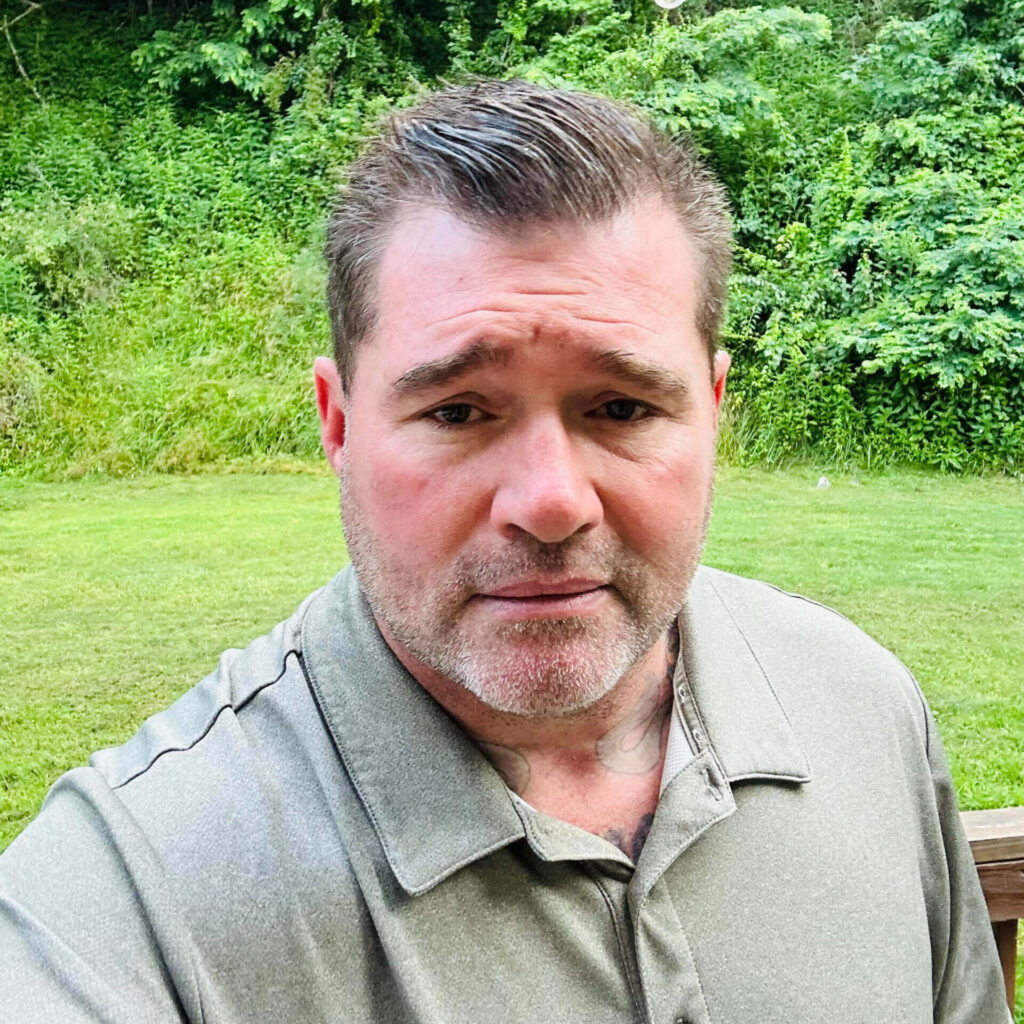Assisting Active and Veteran Military Personnel To File NFCI Claims
We are a group of United Kingdom Armed Forces veterans dedicated to assisting fellow service personnel in claiming compensation for NFCI sustained during service, particularly when proper cold weather protection was not provided by the Armed Forces.
Having faced similar training and operational challenges, we understand what you’ve been through. We’ve partnered with a select group of professional legal experts who have a proven track record of handling claims for Armed Forces clients. Together, we form a formidable team committed to securing the compensation you deserve for your injuries.
The legal firms we recommend operate under a Conditional Fee Agreement, commonly known as a No-Win, No-Fee Agreement. This means that you only pay legal fees (at a pre-agreed rate from your compensation) if your claim is successful.
If your claim is unsuccessful, you won’t be liable for any costs.

Check Your Eligibility
How Do I Know If I Have An NFCI Claim?
Those serving in the British Army usually sustain a non-freezing cold injury (NFCI), also known as ‘trench foot’ or ‘cold weather injury’, on winter training exercises, often carrying out duties such as sentry duty, manning an observation post, or setting an ambush.
NFCIs usually affect the body’s extremities, such as hands and feet. Symptoms can include:
- Pain
- Numbness
- Swelling
- Discolouration
- Tingling
- Excessive sweating
Left untreated, NFCI can lead to permanent damage to nerves and blood vessels. Some injuries mean sufferers can’t work outside and may end up being medically discharged.
If you think you’ve suffered a non-freezing cold injury, you may be entitled to ‘military cold injury’ compensation under the Armed Forces Compensation Scheme (AFCS) or through a civil-military negligence claim, even if you’ve been turned down for an AFCS payment.

Non-Freezing Cold Injury Compensation Claims
Non-freezing cold injuries (NFCI) are among the most prevalent injuries sustained during exercises by members of the British Military.
These injuries should be preventable, as the Ministry of Defence (MOD) has a duty of care to protect you by:
- Limiting unnecessary exposure to cold environments
- Providing adequate cold-weather PPE during exercises
- Conducting risk assessments for planned exercises to minimise the risk of cold injuries
- Routinely monitoring and enforcing PPE usage and adherence to safety protocols
- Addressing complaints related to cold exposure and inadequate protection
If the MOD has failed in its duty of care, you may be entitled to claim compensation for your injuries.

Gallery
What about the Armed Forces Compensation Scheme?

Meet Our Team
The Claiming Process

Submit your enquiry
Complete our online form and one of our experienced veterans will call you back to discuss the details of your claim.Claim valuation
Your legal representatives will prepare a detailed statement of your injuries and the losses you have incurred due to the negligence of the responsible party.Complete a medical examination
Your legal representatives will investigate your claim and gather evidence to verify your injuries. This will include calling for your employment and medical records and you attending a medical examination to support your hearing loss claim.There is no need to worry about the medical examination; this process is quick and typically takes less than an hour and your legal representatives will endeavour to arrange a medical examination close to your location.
Letter of claim
Your legal representatives will draft and send a letter of claim to the responsible party, detailing your claim and explaining why they are at fault for your injuries.Claim valuation
Your legal representatives will prepare a detailed statement of your injuries and the losses you have incurred due to the negligence of the responsible party.Negotiate compensation
All evidence will be presented to the responsible party, inviting them to propose a settlement figure. Your legal team will keep you informed throughout the process. If you are not satisfied with the proposed settlement, and if your legal team advise that you are entitled to more, they will initiate court proceedings on your behalf.
Frequently Asked Questions

We are a collective of British Armed Forces veterans who share a common journey of service and sacrifice. Over time, we’ve observed the challenges and complexities veterans face in navigating the compensation process for injuries sustained during their service. Frustrated by the lack of clarity and support, we’ve banded together to offer guidance and assistance. Our mission is twofold: to support fellow veterans in their pursuit of rightful compensation and to collaborate with law firms to streamline their practices for veteran clients. Through our experience and expertise, we provide invaluable insights to law firms, ensuring that their processes are not only comprehensible but also tailored to the unique needs of veterans. We are selective in our partnerships, choosing to collaborate only with firms that demonstrate a genuine commitment to improving their services for veterans.
Your claim remains confidential, safeguarding your privacy unless you opt for public disclosure. If you’re currently employed, it would be unlawful for your employer to penalise you for pursuing a claim against your employer. However, it’s important to note that in certain cases, such as when court proceedings are initiated, your claim might become public knowledge.
If you possess the physical capability to fulfil the requirements of the job, pursuing a claim shouldn’t impede your prospects for future employment.
We cannot assure you of any specific entitlement amount. Nevertheless, historically, numerous cases have resulted in settlements that vary drastically, with slight hearing loss claims starting from around £4,500 and more complex cases exceeding £10,000. Some cases can be considerably higher, with complex cases warranting compensation of £60,000 plus. The final settlement largely hinges on the unique circumstances of each individual case, as no two cases are identical.
As with any claiming process, the duration of how long it takes for a military hearing claim to settle can vary. Typically, between 9 to 18 months is a good ballpark figure. However, the complexity of the case will influence this.
It is worth considering that cases have experienced unexpected delays, primarily due to a surge in volume compounded by the post-Covid capacity limitations of courts in England and Wales. While the backlog has somewhat diminished, it will still take considerable time for operations to normalise fully. Additionally, many cases are being managed through group action, necessitating specific court procedures. While this temporarily affects the pace of other cases, it’s anticipated that (within the next year) this approach will significantly expedite the process.
As with any compensation payout, deciphering exact amounts is challenging. Factors include the impact the injury has had on your life, the level of negligence present, and the severity of the injuries you have sustained. While it’s hard to know the exact figures, data on previous settlements can be helpful in providing us with an estimate. Through the AFCS, past cases have seen sums of around £1,200 to £650,000. In civil claims, the average payout is expected to be higher. Previous cases with some of the details made public include payouts ranging from £350,000 to £575,000. However, depending on the circumstances of the case, you could expect less or more than these ballpark figures.
As with any form of personal injury claim, non-freezing cold injury claims can take from a few months to several years to settle; this will entirely depend on the complexity of your case.
It is worth noting that cases have experienced unexpected delays, primarily due to a surge in volume compounded by the post-Covid capacity limitations of courts in England and Wales. While the backlog has somewhat diminished, it will still take considerable time for operations to normalise fully. Additionally, many cases are being managed through group action, necessitating specific court procedures. While this temporarily affects the pace of other cases, it’s anticipated that within the next year, this approach will significantly expedite the process. We estimate these cases may take 2-3 years to resolve, though settlement out of court could potentially shorten this timeframe.
Yes. As long as you served in the British Military post-May 1987 then we can help, regardless of where you are in the world now.
NIHL (Noise-Induced Hearing Loss) is permanent hearing damage caused by exposure to loud noise, often without proper protection. In the military, this can result from gunfire, explosions, or loud machinery. Symptoms include muffled hearing, difficulty understanding speech, or ringing in the ears (tinnitus). NIHL is irreversible but may be eligible for compensation.
This refers to tissue damage from prolonged exposure to cold, wet conditions above freezing (typically 0–15 °C). It’s different from frostbite (which occurs below 0 °C) and includes conditions like trench foot. Common among military personnel, symptoms include numbness, tingling, pain, swelling, and long-term sensitivity to cold. It can lead to chronic issues if untreated.
The law firm will request your authorisation to obtain your employment records from HMRC. This step is solely intended to verify your work history, ensuring alignment with the dates provided in your claim.
Apart from your legal representatives and the Ministry of Defence (MOD), your claim remains confidential. However, it’s important to acknowledge that court proceedings might become public if pursued.
No, contrary to beliefs claiming will not affect your pension or other benefits.
All claims are covered under a no-win-no-fee insurance, known as ATE insurance. This ensures that all legal costs are covered in the event of an unsuccessful claim. Unless you are materially deceptive or misleading during the process, you will not be liable for any costs associated with the legal proceedings. Legal costs are recovered from your award at the conclusion of your case, at a rate of 25% of the total award.
Crown Immunity protects the Ministry of Defence from liability for injuries sustained by servicemen and women before 1987. However, the case of Smith v Ministry of Defence altered the situation regarding combat immunity. The court ruled that the MOD does not have an automatic defence against claims for injuries sustained in combat, contrary to their previous stance, allowing claims to be brought on behalf of those injured in such circumstances, if those injuries occurred after 1987.
The legal firms that we recommend operate on Conditional Fee Agreements, commonly known as no‐win, no‐fee. A policy of insurance is also taken out in your name to ensure that your case is protected by insurance. In the event of an unsuccessful outcome, the insurance policy will cover all fees. If your case is successful, the majority of your legal costs will be paid by the MOD. A success fee of 25% of your damages (including VAT) and the insurance policy premium will also be deducted from your final amount.
Indeed, irrespective of previous outcomes regarding War Pension or Armed Forces Independence Payments, you are still eligible to pursue this civil claim.
Your case will be evaluated individually based on its specific merits and the availability of a local audiology test. If your case is strong and there are no issues in scheduling a test in your area, your legal representatives will arrange a test for you.
Every case is unique, and while a medical discharge shouldn’t hinder your ability to claim, the circumstances surrounding your discharge could impact the duration or amount of your claim. If you wish to explore the possibility of a claim, despite a medical discharge, start your claim today and one of our preferred law firms can provide you with advice on your specific circumstances.
In order to pursue a claim for Hearing Loss, it is necessary that there was at least some period of your service that occurred after 1987. For instance, if you enlisted in 1986 and concluded your service in 1995, more than half of your service tenure would fall after 1987. In these circumstances, you could pursue a claim for your period of exposure from 1987 to 1995.
The Royal British Legion recommends consulting a solicitor to make a civil claim for negligence. More details can be found here: Royal British Legion Support. This is where we come in. Our specialist team of veterans will discuss your claim with you to ensure your eligibility and help you proceed quickly and efficiently, after which we will recommend a specialist firm of solicitors that we feel have the appropriate skills and experience to represent you in your claim.
You may be eligible to make a military injury claim if you served in the UK Armed Forces (including Gurkhas and Reservists). Unsafe training, poor equipment, or lack of proper protection are all grounds to make a claim. Claims should typically be made within three years of the injury or of becoming aware it was service-related. Receiving a war pension or AFCS award doesn’t prevent you from making a separate legal claim.
No, you can still be in active service, a reserve, or retired. Making a claim should not negetively impact your relationship with your employer (the MoD).
It is important to submit your enquiry with us as soon as you become aware of your eligibility to claim.
If your case advances to litigation, there may be a requirement for a court appearance. In such instances, your legal representative will accompany you every step of the way. There’s no need for apprehension; with a comprehensive and factual claim, the outcome should be satisfactory for all parties involved.
Cases have experienced unexpected delays, primarily due to a surge in volume compounded by the post-Covid capacity limitations of courts in England and Wales. While the backlog has somewhat diminished, it will still take considerable time for operations to normalise fully. Additionally, many cases are being managed through group action, necessitating specific court procedures. While this temporarily affects the pace of other cases, it’s anticipated that within the next year, this approach will significantly expedite the process. We estimate these cases may take 2-3 years to resolve, though settlement out of court could potentially shorten this timeframe.
Yes, you will be required to assess the impact of your injuries you will be required to attend at least one medical appointment.


















